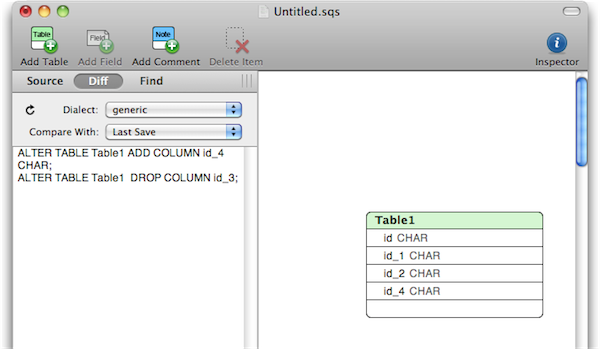I recently spotted the following line in an online forum by a person associated with the Growl notification system.
I’m tired of being yelled at and having my life threatened, but that’s at least better than being insulted like this.
If I understand the background to the comment correctly; Adobe included the open source Growl library in their CS5 suite. They also modified it so that it doesn’t use the standard Growl installer, but instead installed it ‘silently’, without notice to the user.
Assorted CS5 suite users then noticed that a mysterious piece of software had been installed on their machines and instead of blaming Adobe, blamed Growl and the Growl team. Some of them appear to have become very heated indeed.
The whole situation is disgraceful. Adobe appears to have taken an innocent and very useful open source library and cause an unimaginable amount of harm. At least some of the angry users appear to believe Growl is actually spyware or malware of some kind. For an entirely open source project distributed free of charge, without any expectations at all, this is a remarkable and most unwelcome development.
Adobe needs to fix the problem and make things right. (If that is even possible).
I would also suggest that Adobe pays the Growl team for the time they have spent dealing with all of this.
Perhaps I’m biased, but if this was a little indie mac developer with a $15 app who’d messed up then there might be some allowance made, but this is Adobe – one of the biggest 3rd party developers around – and a company that charges hundreds or thousands of dollars per license.
As a final irony, it appears that the CS5 suite only uses growl once, to advertise some kind of marketing offer after installation. Then it never uses the library again; so much damage for so little actual benefit.
My opinion of Adobe has been getting worse recently, but this whole situation is particularly bad.
Adobe needs to do better.

